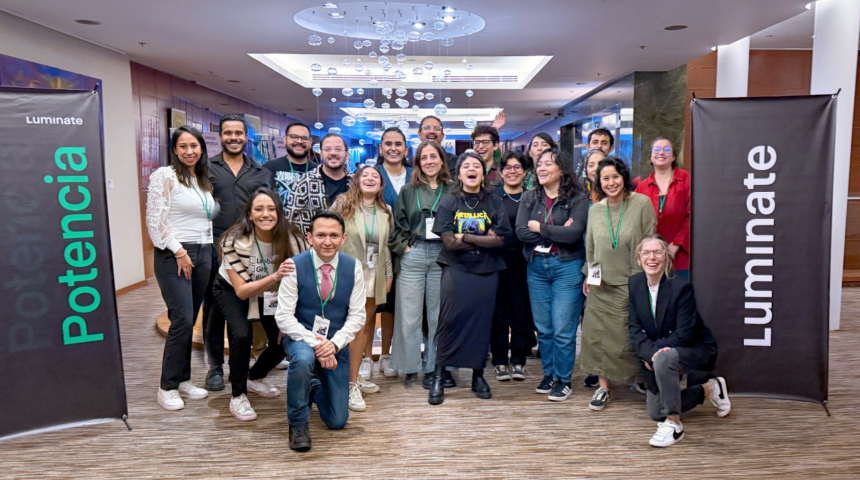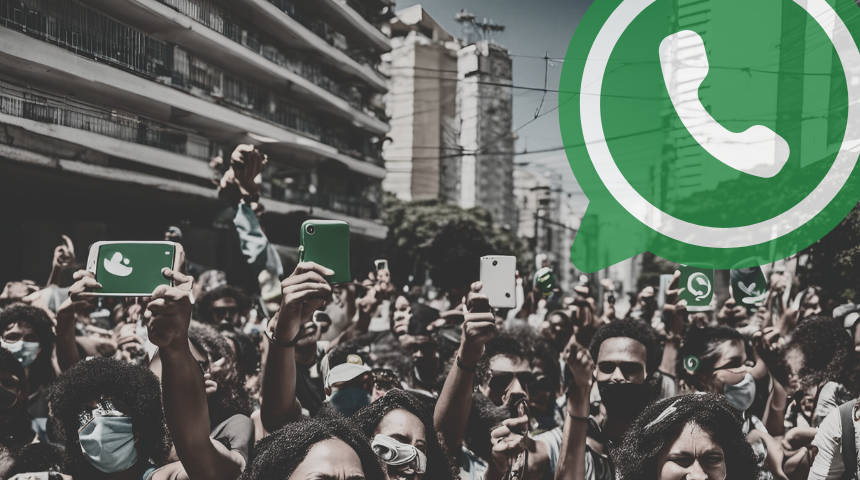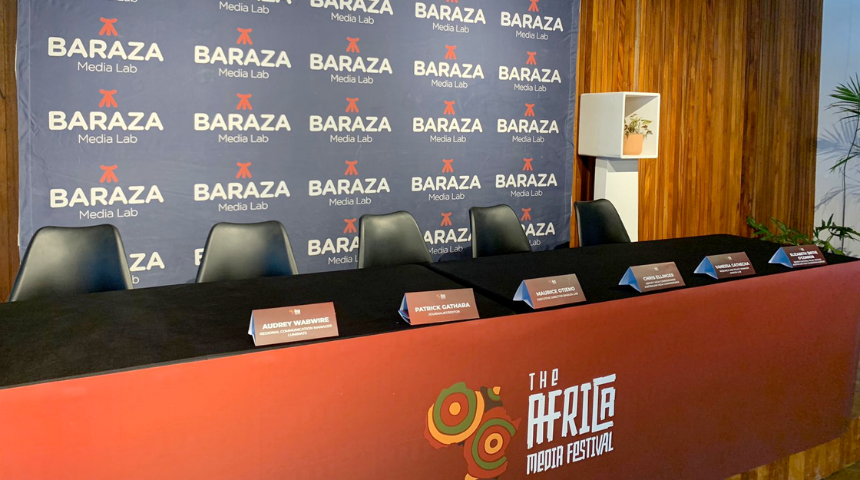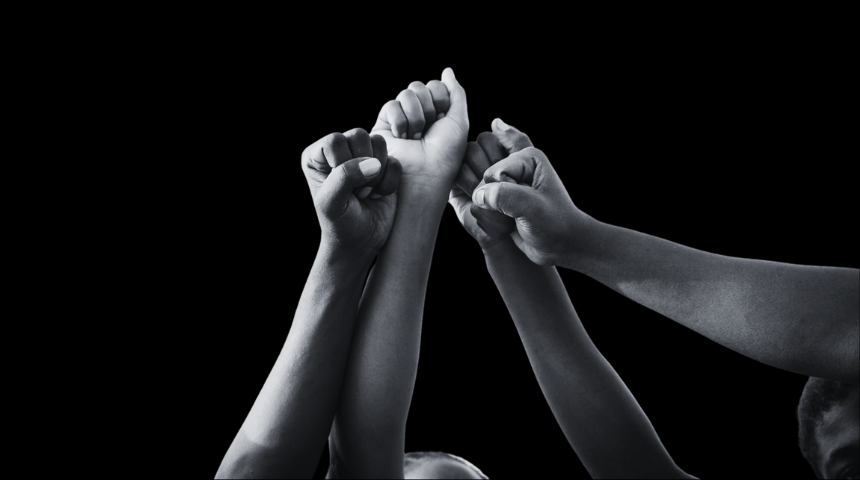“Music is like the last matchstick that enkindled life,” raps M.I Abaga. As a creative professional and head of TASCK Creatives agency, his lyrics allude to music’s intrinsic nature as a driving force for change in society. Abaga is a renowned artist and social entrepreneur. In the recent election period in Nigeria, TASCK led a laudable apolitical campaign to encourage young voters to participate in the political process.
Nigeria has a median age of 18, and residents aged 18-34 are the largest cohort of eligible voters. Yet, youth participation in democratic processes has often been low. It is unacceptable for a majority population to stay away, or be actively excluded from making decisions that affect their day to day lives.
“Representative governance is validated when youth can be fully involved; we need to ensure diverse voices and participation through the election process,” says Toyin Akinniyi, Director, Africa, at Luminate, who partners with TASCK. “Governance messaging often falls flat with the youth. We decided to tap into the creative industry to change this."
Governance messaging targeting youth
Nigeria is an artistic powerhouse that has elevated African celebrities into the global creative scene where they lead cultural discourse. Nigeria’s rich literary space, Afrobeat music, and the Nollywood empire are some of the essentials in understanding contemporary African society, art, and entertainment.
Artists, as societal analysts, fully capture the attention of young people swaying them to adopt trends, catch-phrases, fashion, and more. But the creative industry in Nigeria often lacks sufficient sustained investment and structural support. Artists yearn to earn a livelihood through their passion, while playing their role as social commentators. Abaga’s work demonstrates that new media, celebrity culture, and creative engagement can be strategically mobilized to finance artists, and advocate for social change.
“I decided to build something that would allow creators such as myself to be relevant through their work as well as have that social impact; to earn an income and at the same time to become part of the change in society,” he says.
TASCK embarked on a momentous journey to encourage youth to vote in the 2023 elections through an extensive, intricate, and immersive creative campaign, using social media, concerts, and block parties. From Lagos to Enugu, Abuja, Port Harcourt, and Jos, TASCK reached communities who have lived on the margins of important decision making.
Through podcasts, comedy shows, music festivals, block parties, viral online content, and street rap battles, the message reached diverse audiences. Over 600 young creators and influencers engaged in this campaign, reaching 30 million people on social media. The campaign culminated in viral social media discussions such as #iRegistered and #Vote4Nigeria, encouraging young people to take a pose with their voter registration card, urging their friends and networks to register and participate in the upcoming elections.
The youth wave
The elections saw a resounding turnout of young people at the polls in Nigeria. In major cities, and rural towns, young people felt that their voices would count. They monitored the news keenly, following the performances of their preferred candidates. Evidently, the groundwork done by groups like TASCK stirred an interest in politics among younger Nigerians.
While the political class is still not representative of the young energetic population in Nigeria, it is impossible to ignore the fervour that has been ignited by the high numbers of youth voter registration for the 2023 elections. This match has ignited a movement, a historical change in youth involvement in democracy in Nigeria. The flame of new life enkindled by this matchstick will only grow bigger, forcing recognition of youth as one of the most critical constituents in Nigerian governance.
Related content

Potencia: The power of beyond-the-grant support

How Brazilians are defending their digital rights

The African Media Ecosystem and Technology
